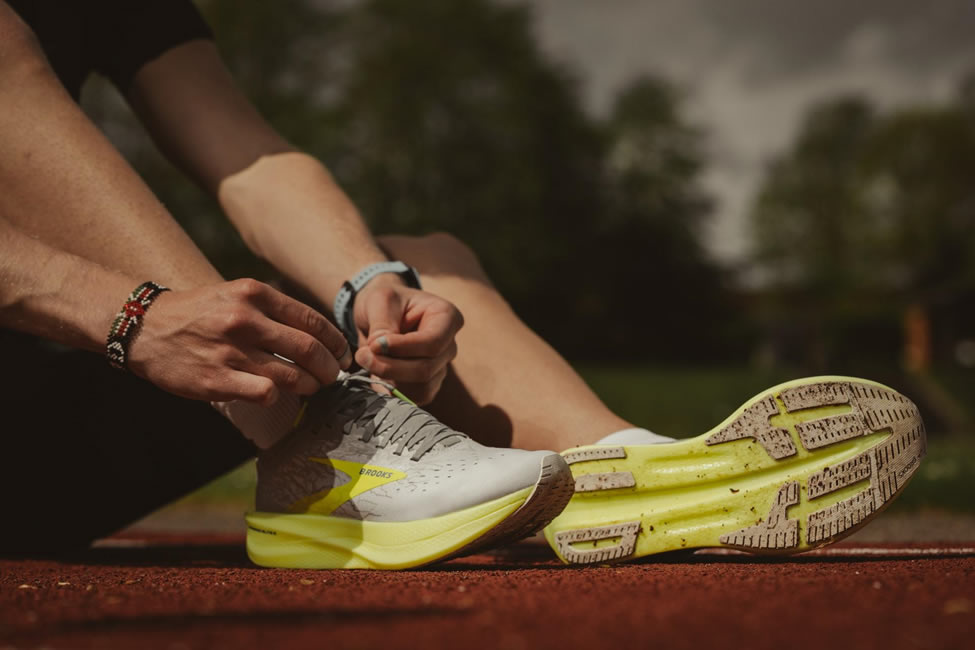Athletes have long been admired for their exceptional physical abilities, discipline, and competitive spirit. However, a lesser-known issue that plagues the athletic community is problem gambling.
Athletes are four times more likely to develop problem gambling habits compared to the general population. This alarming statistic warrants further investigation into why athletes are more susceptible to this behavioral addiction and how the bet on sports trend rapid growth may exacerbate the situation.
The Vulnerability of Athletes to Problem Gambling
Several factors make athletes prone to developing problem gambling habits. One reason could be the high-pressure environment in which they operate, where success or failure often hinges on a single play or decision. This pressure can lead some athletes to seek an escape through gambling as a means of coping with stress.
Another factor is the innate competitive nature of athletes. They are driven by a desire to win at all costs and may see gambling as just another form of competition in which they can excel. Additionally, their high levels of self-confidence might contribute to cognitive distortions such as overestimating their ability to control outcomes or interpret random events—both critical precursors for developing problem gambling behaviors.
Lastly, financial instability among professional and collegiate athletes can also play a role in their vulnerability to problem gambling. Despite public perception, not all professional athletes earn exorbitant salaries, while student-athletes may struggle with limited financial resources during their college years.
Some warning signs that an athlete may be struggling with problem gambling include borrowing money for betting purposes, lying about their gambling activities, and showing mood swings tied to wins and losses.
The Allure of Sports Betting
Around 19% of American adults, including many current or former athletes, reported placing a sports wager in the previous year as of September 2022. One major cause for concern is the fact that gambling on sports has a stronger correlation with pathological gambling and cognitive distortions like the control illusion, probability control bias, and interpretive control bias than other forms of gambling.
For athletes who already possess a competitive nature and a heightened sense of self-confidence, these cognitive distortions can further increase their risk of developing problem gambling habits.
A Growing Industry with Serious Implications
The future of sports betting is brighter than ever as the industry is expected to see a fivefold increase in revenue by 2025, according to a Morgan Stanley report. However, this growth poses serious threats when considering its potential impact on athletes with gambling tendencies.
As legal sports betting becomes more widespread and accessible due to technological advancements such as online platforms and mobile apps, stakeholders in both athletics and the gambling industry must take proactive measures in addressing problem gambling among athletes. It may include implementing responsible gaming programs tailored specifically for athletes or offering alternative coping mechanisms such as mental health support services.
Promoting Healthy Coping Mechanisms and Support Networks
Preventing problem gambling among athletes goes beyond regulations and education. It is crucial to promote healthy coping mechanisms and establish strong support networks to help athletes manage stress, pressure, and financial instability. Sports organizations can work towards:
- Implementing stress-management and mental health workshops for athletes, coaches, and support staff, focusing on techniques such as mindfulness, meditation, and cognitive behavioral therapy.
- Encouraging a culture of mentorship and support among teammates, where experienced athletes can guide and help their peers navigate the challenges of the sports world.
- Providing resources and financial guidance for athletes, particularly those in college or early stages of their careers, to mitigate the financial stressors that may contribute to problem gambling.
- Developing partnerships with local and national organizations dedicated to addiction support and mental health, ensuring that athletes have access to a wide range of resources when needed.
By prioritizing the mental health and well-being of athletes, sports organizations can help create a holistic approach to addressing problem gambling, ensuring that the pursuit of athletic success does not come at the cost of personal well-being.
Conclusion
In conclusion, the rapid expansion of sports betting presents an undeniable risk for athletes who are already more susceptible to problem gambling behaviors. Mitigating this issue requires collaboration between stakeholders in both athletics and the gambling industry—prioritizing education, awareness campaigns targeted at athletes, robust support systems for those struggling with addiction issues—and ultimately ensuring that the pursuit of athletic excellence does not come at the cost of personal well-being.





















